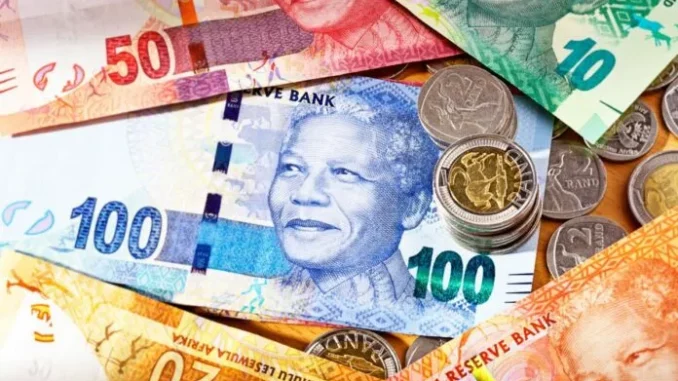
South Africa’s annual inflation rate rose for the second consecutive month in September, reaching a three-month high of 5.4%, according to the latest data from Statistics South Africa. This was higher than the 5.3% forecast by economists and the 4.8% recorded in August 2023.
The main contributors to the increase in inflation were food and non-alcoholic beverages, housing and utilities, transport, and miscellaneous goods and services. These categories accounted for 3.8 percentage points of the 5.4% annual rate.
Food and non-alcoholic beverages prices rose by 7.2% year-on-year, driven by higher prices of bread and cereals, meat, milk, eggs and cheese, oils and fats, and sugar, sweets and desserts.
Housing and utilities prices increased by 4.8% year-on-year, mainly due to higher costs of electricity, gas and other fuels, water and sanitation, and refuse collection.
Transport prices rose by 11.6% year-on-year, reflecting the higher prices of petrol, diesel, vehicle parts and accessories, and public transport. Miscellaneous goods and services prices increased by 6.1% year-on-year, influenced by higher prices of insurance, personal care products, appliances, equipment and maintenance, and recreation and culture.
Recent warnings from Reserve Bank governor Lesetja Kganyago about the persistent inflation and the need for prolonged tight monetary policies may lead the central bank to reconsider its plans for rate hikes scheduled for November.
The Reserve Bank’s inflation target range of 3% to 6%, with a goal of 4.5% at the midpoint, adds weight to the significance of this decision.
Kganyago emphasized that inflation has proven more resilient than anticipated, prompting central banks to extend their commitment to tighten policies. Despite global economic challenges, the battle against inflation remains unresolved, both domestically and worldwide, he indicated.
